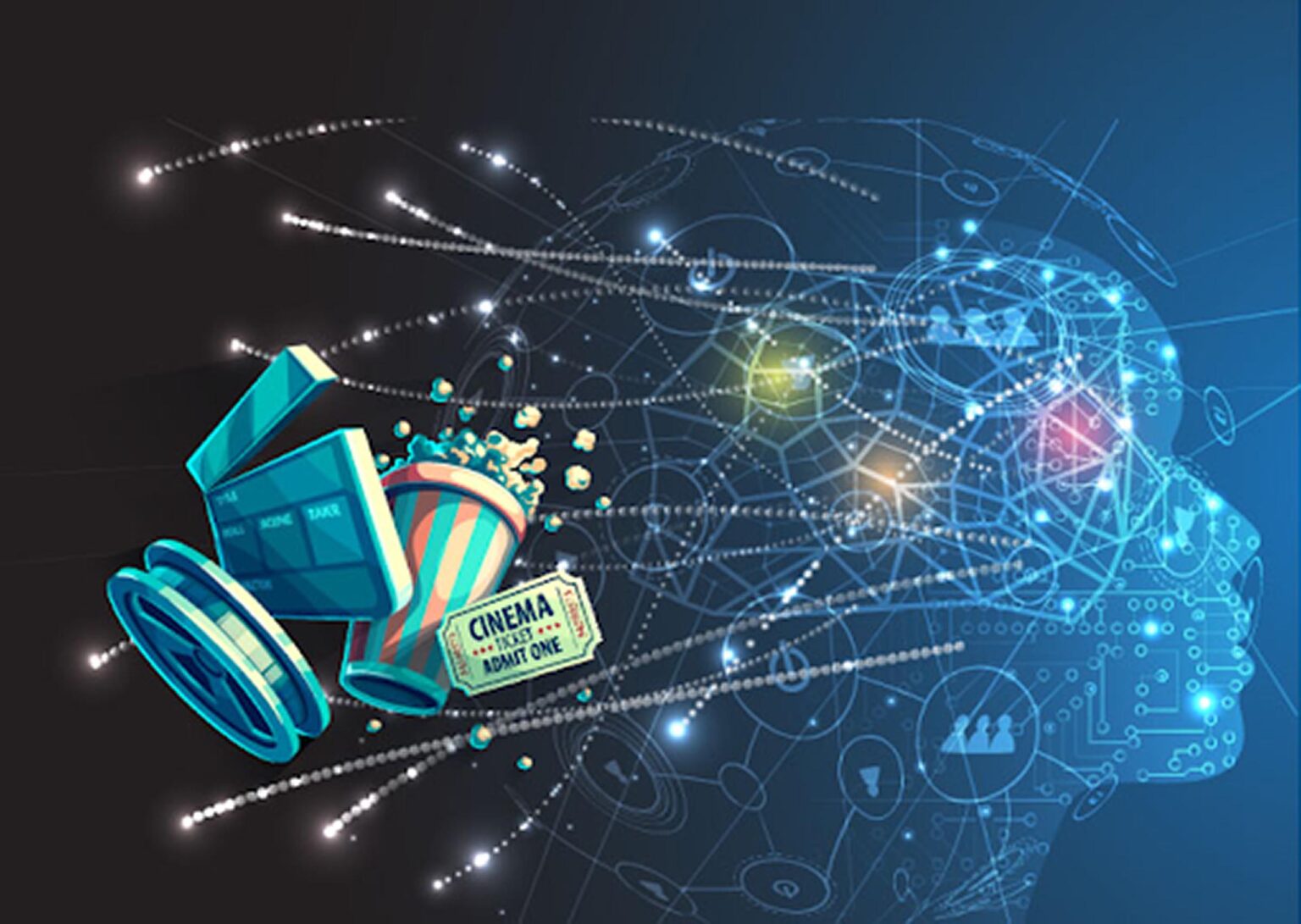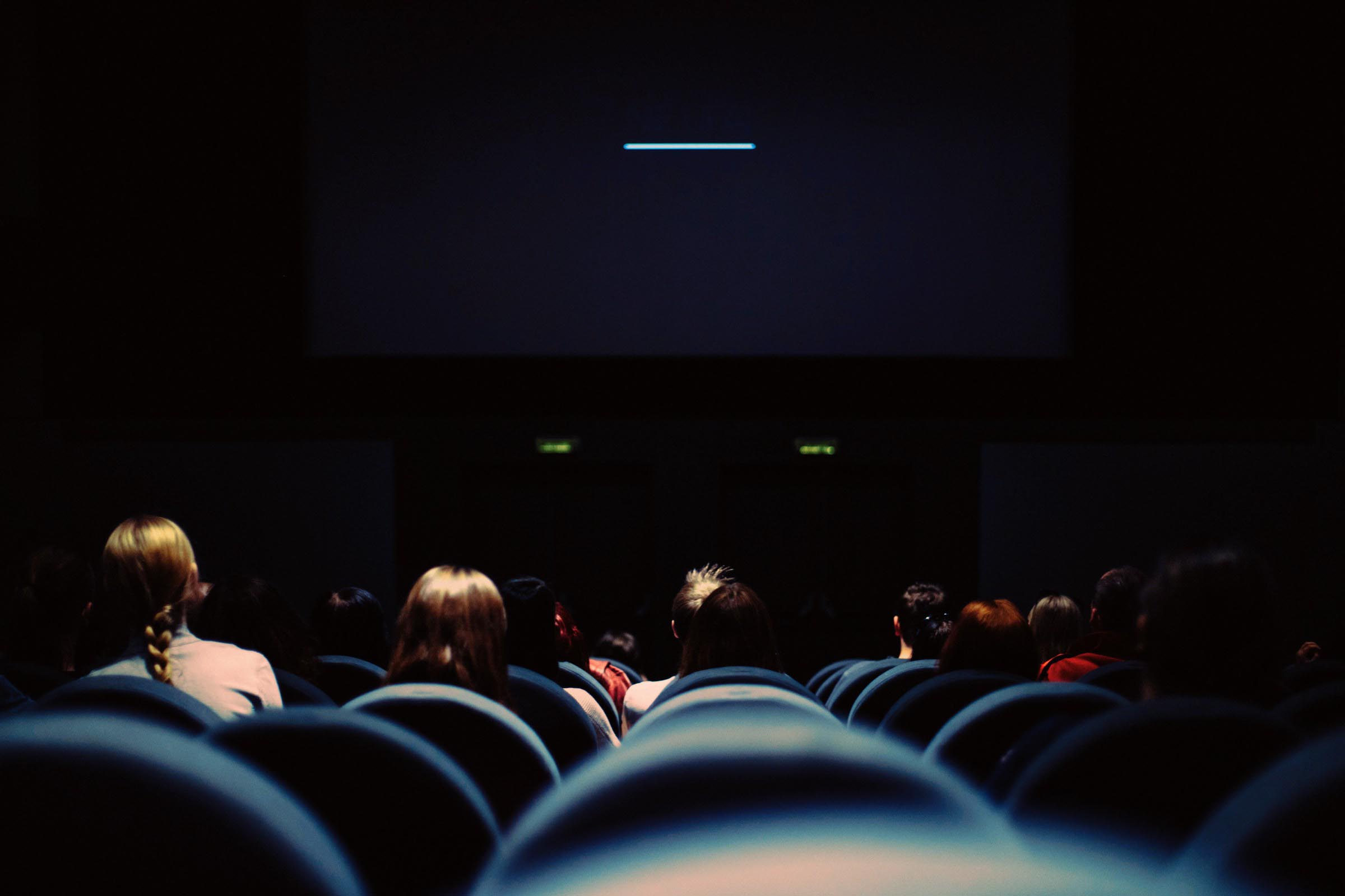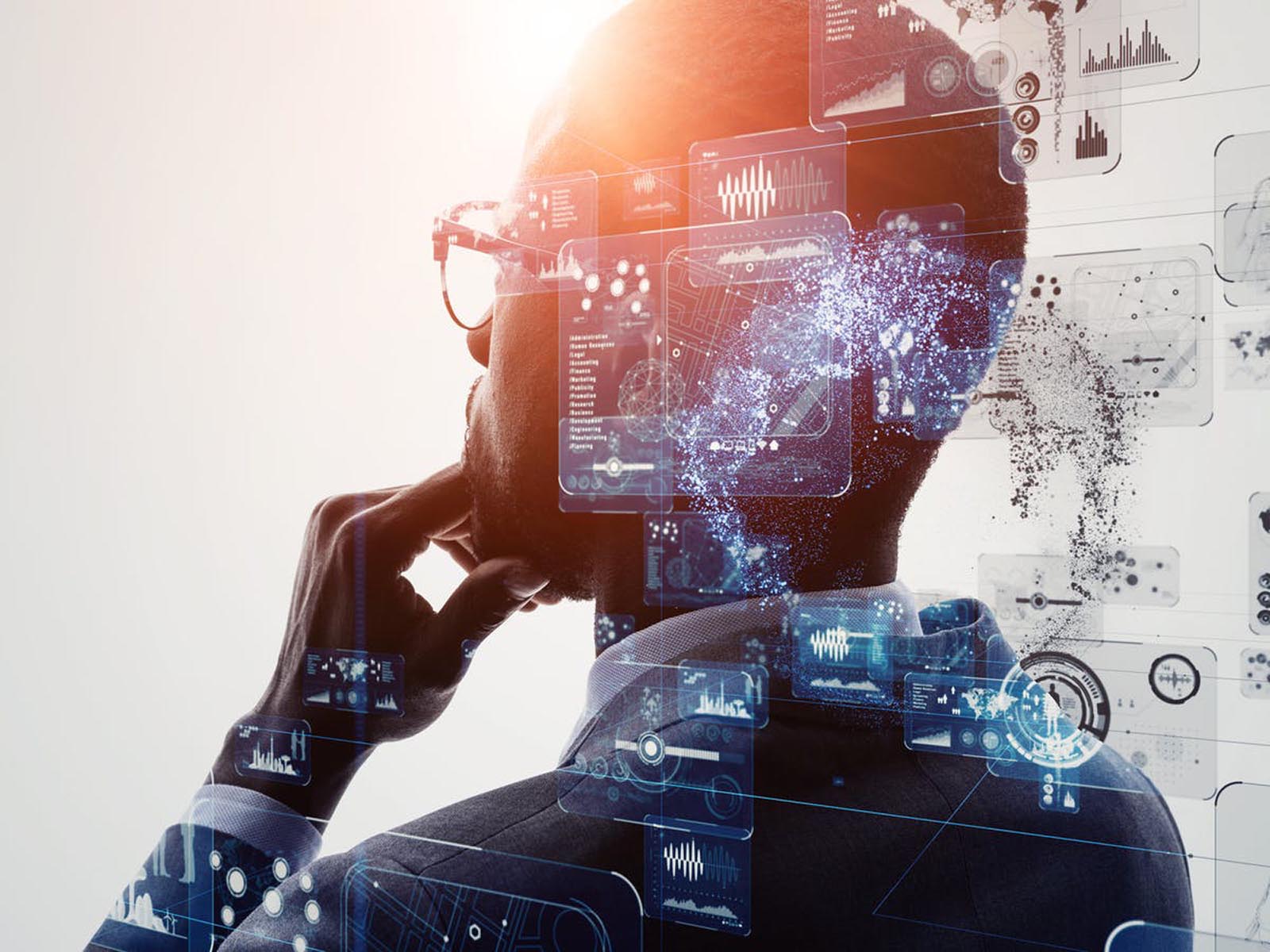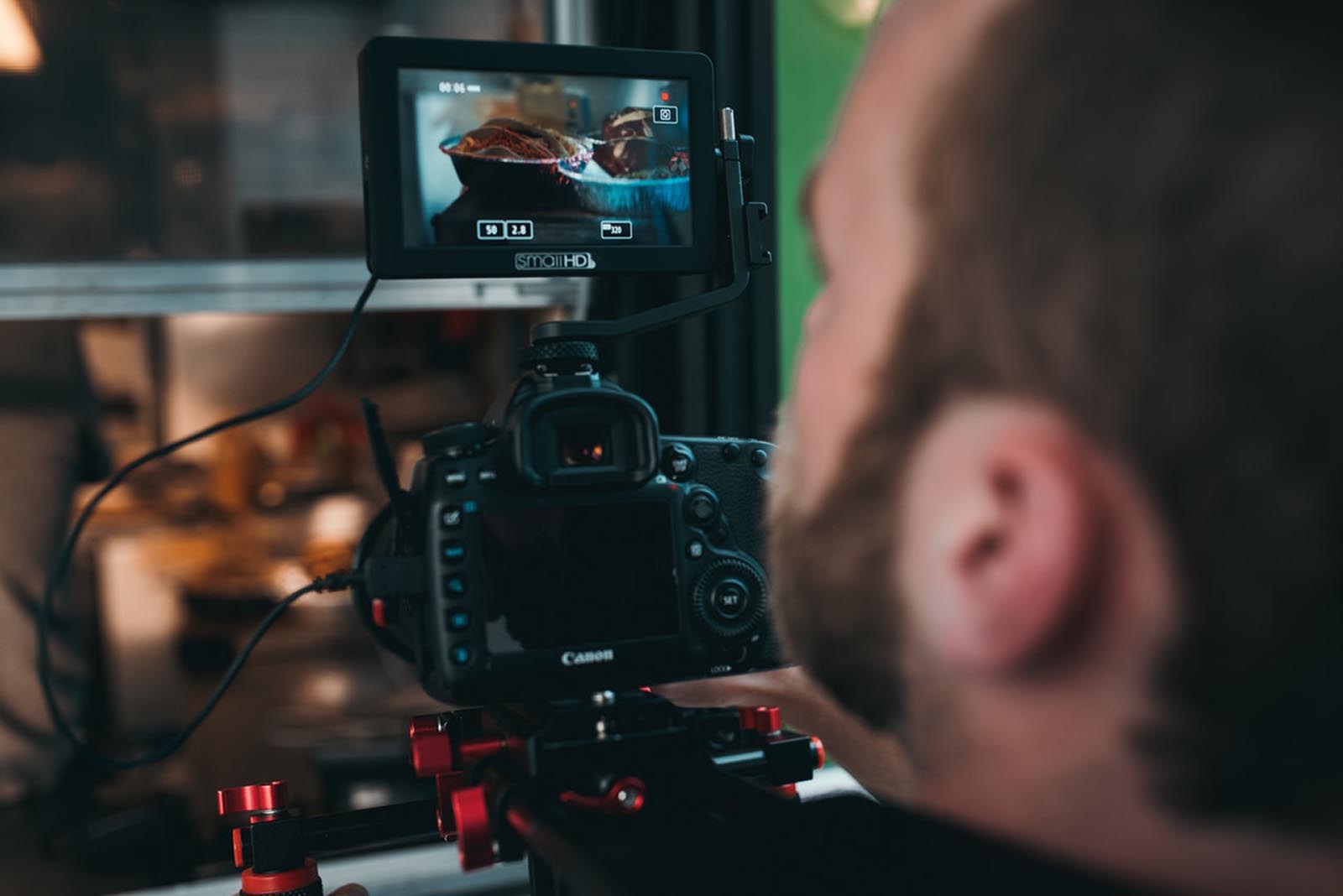
Can Artificial Intelligence Automate the Film Industry?
We’ve already crossed the timeline border when artificial intelligence was a future-related notion. Today AI plays a crucial role in a vast number of industries like finances, medicine, entertainment, sport, security, and hundreds of more sectors that make up the everyday life of modern society.
But can the film industry somehow benefit from artificial intelligence? It’s widely assumed that the abilities of trained software don’t go far beyond unloading people of repetitive manual work. But in fact, today they do go much farther, and seeing the impact of AI in movies couldn’t showcase it more clearly.

5 Ways AI Benefits the Film Industry
Filmmaking is generally considered a highly creative process. And it would be wrong to say it isn’t. Yet, the cinematography of today is extremely dependent on technology and the use of artificial intelligence in film production is just another step in this bilateral relationship. So to see the AI-induced movie-industry changes, we’ve compiled the 7 most obvious (and not so) ways smart technologies aid the art of modern cinema.
AI Predictive Analytics System
What if movie creators knew in advance how successful the film would be long before it is launched? Sounds like magic is involved, yet only AI.
Today predictive analytics solutions powered by artificial intelligence can provide filmmakers with once exclusive data about the scale of box office success, calculate the impact of a character substitution on the overall movie ratings, accurately predict the audience and even countries most impressed with the movie that is still in the making. Today, according to some popular sources, AI has been trying on a new position acting as a wise movie producer.

Pre-production Stage Made Easy
The piece we see on the screen is the result of hundreds of working hours, which includes not only acting and filming, but also scheduling, rehearsing, looking for locations, and a million other tiny little things which are of no less importance for the success of the final product. AI software in movie pre-production acts as a project manager, planning the work of the whole team to ensure it runs like clockwork.
Effortless Subtitle Generation
While fully AI-generated movies fail to challenge the human-made ones, AI-performed subtitle generation does an impeccable job. Globalization added to an already extensive number of movie production tasks the need to prepare multi-language subtitles to attract billions of more viewers from any point of the globe. Writing captions manually is a huge and time-consuming task made effortless since AI stepped in.

AI as a PR-Manager
Promotion is an invaluable part of a successful movie release. Artificial intelligence algorithms can ensure the target audience gets to see the trailers and posters while randomly surfing the web or scrolling through the feed.
On the basis of the above-mentioned smart predictive analysis, the software can calculate the most promotion-effective time and platform to stir up excitement and increase the buzz. Moreover, there are plenty of companies who use AI recommender systems like the ones InData Labs implements. Recommendation systems analyze the user’s preferences and suggest relevant movies to watch, thus saving the time and effort.
AI-Held Auditions
What can be more human-related in filmmaking than auditions? Seeing the vibe, emotion, skill in person is indispensable for gathering a great cast. However, sometimes casting directors need a person of a specific appearance, body shape, and face structure. Yet, before they find the right actor, months could be spent looking through hundreds of profiles.
Face recognition as a part of AI can cut down the time of the face type search to a few seconds, comparing the options to the preset actor look prototype. Apart from conducting ultra-fast auditions, AI software can change actors’ appearance, add emotions, or a couple of years to their age. At this point, we can hear the casting directors’ loud sigh of relief.

The Final Thought
The growing role of artificial intelligence in the film industry makes us think of AI as a technology capable of substituting almost any type of human activity. The creative jobs domain until recently has been secured against “machine invasion” but today the flagmen of the world’s movie industry turn to AI more and more frequently.
If we set aside all the Luddites-related drama, we’ll see that the ability of software to streamline time-consuming and error-prone aspects of work actually plays into our hands. AI erases the borders of the impossible and this can’t be a bad thing.



